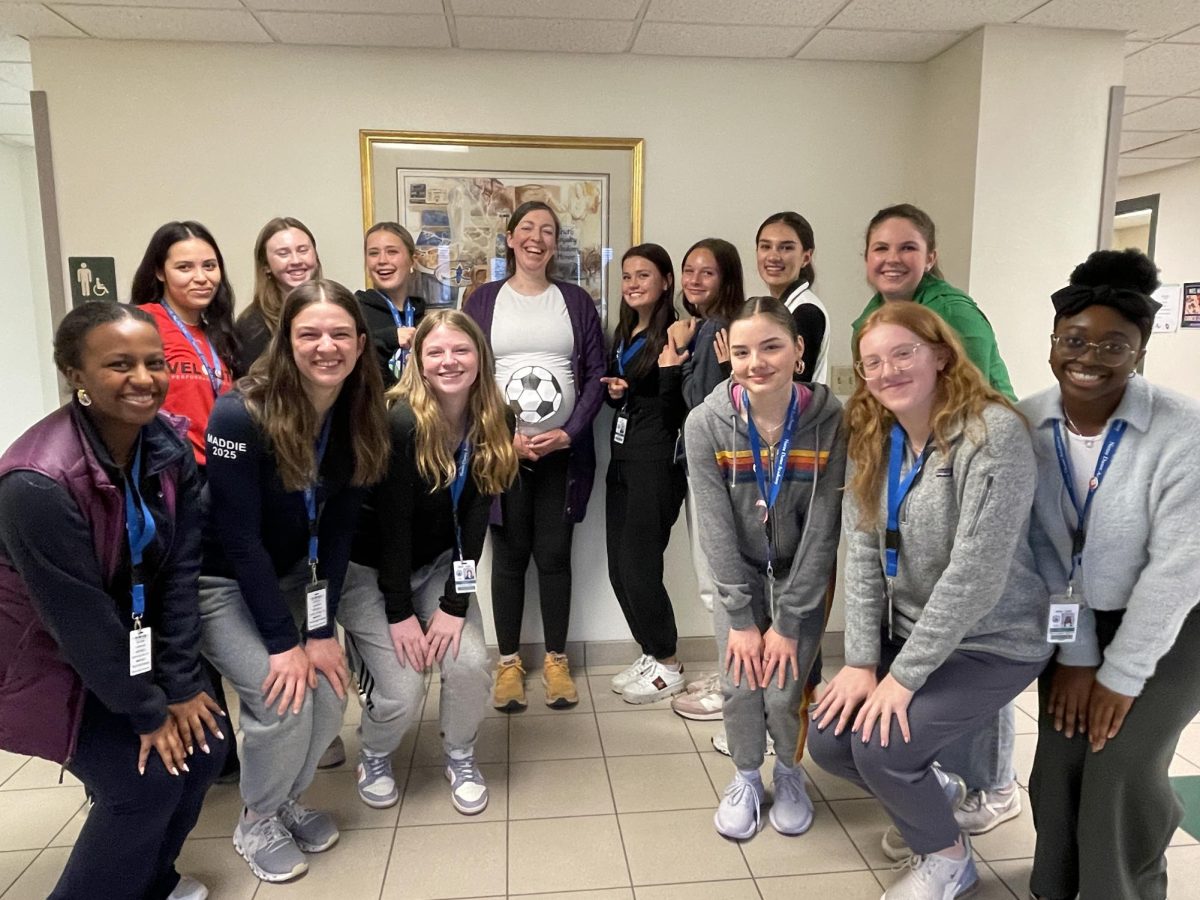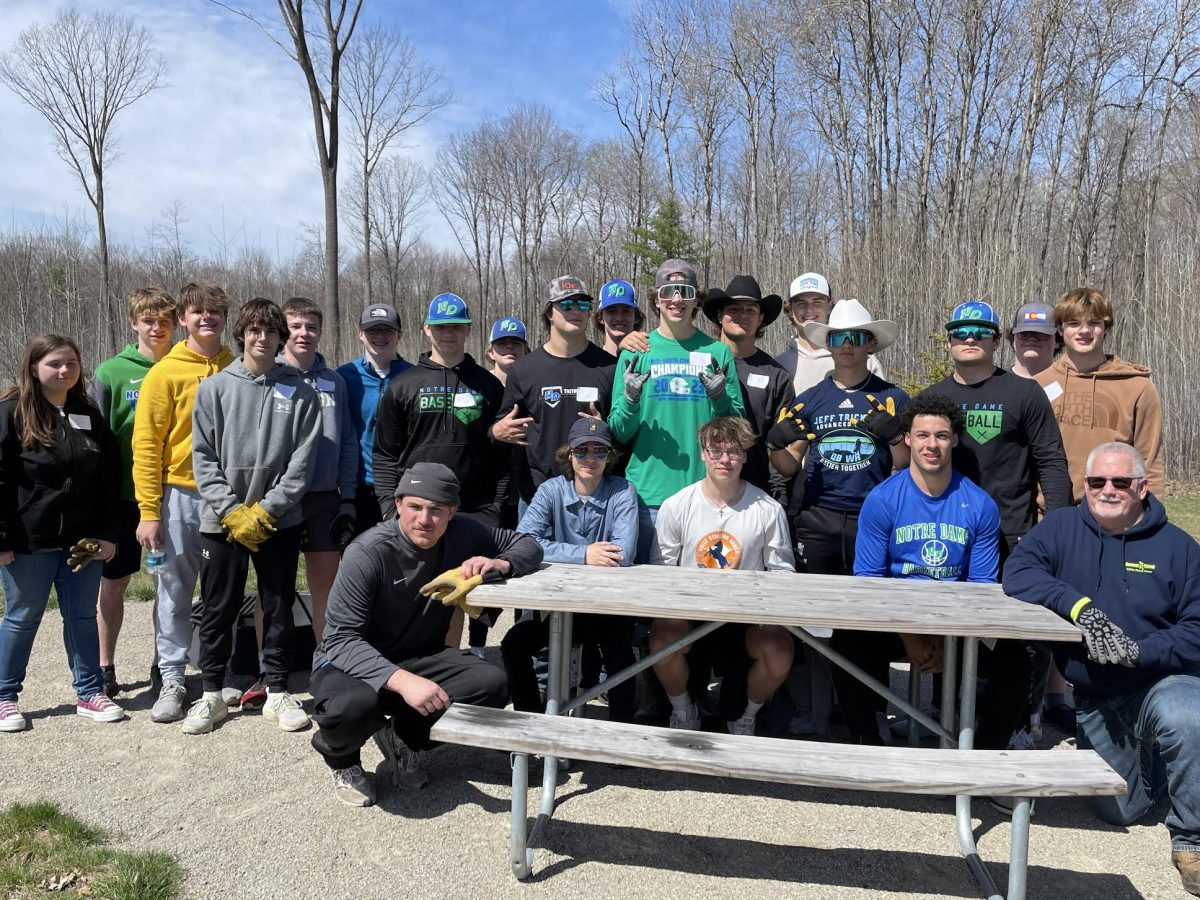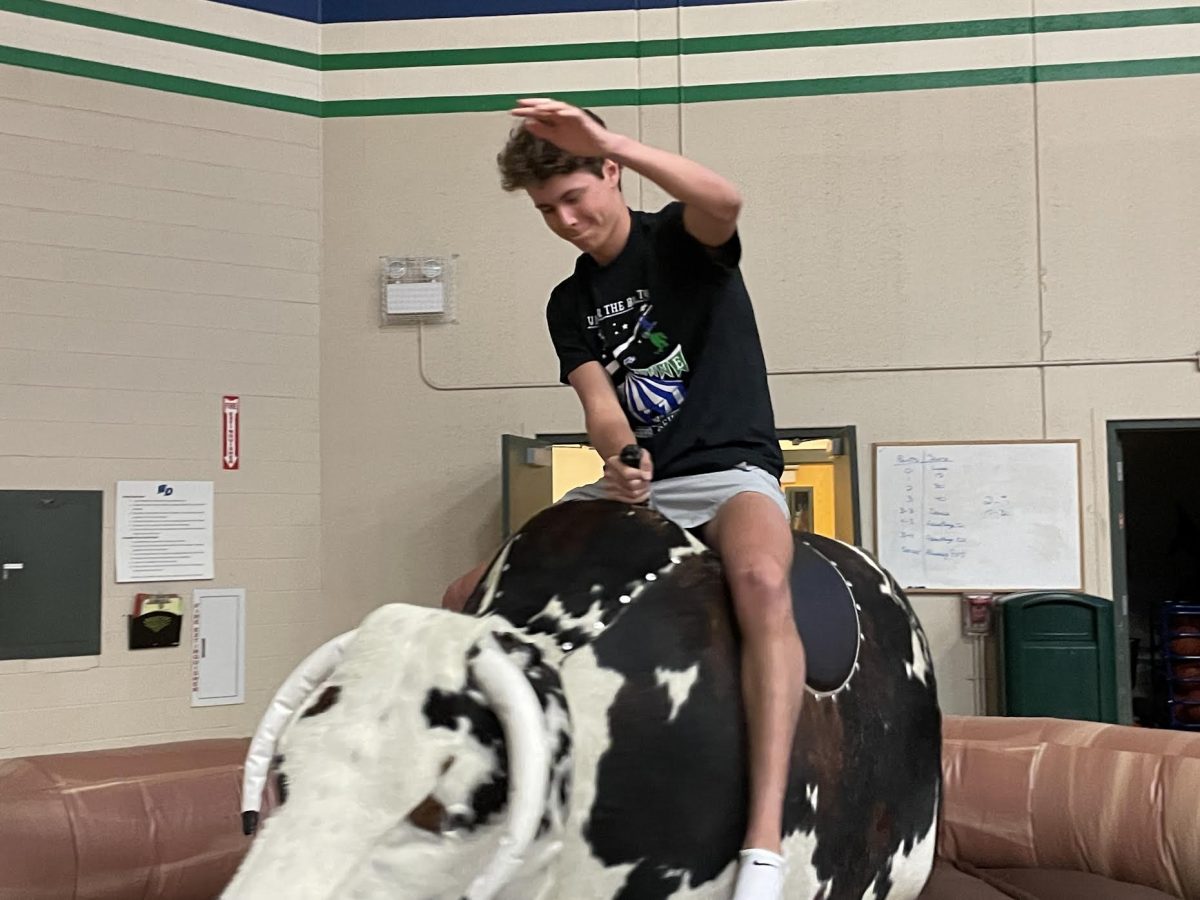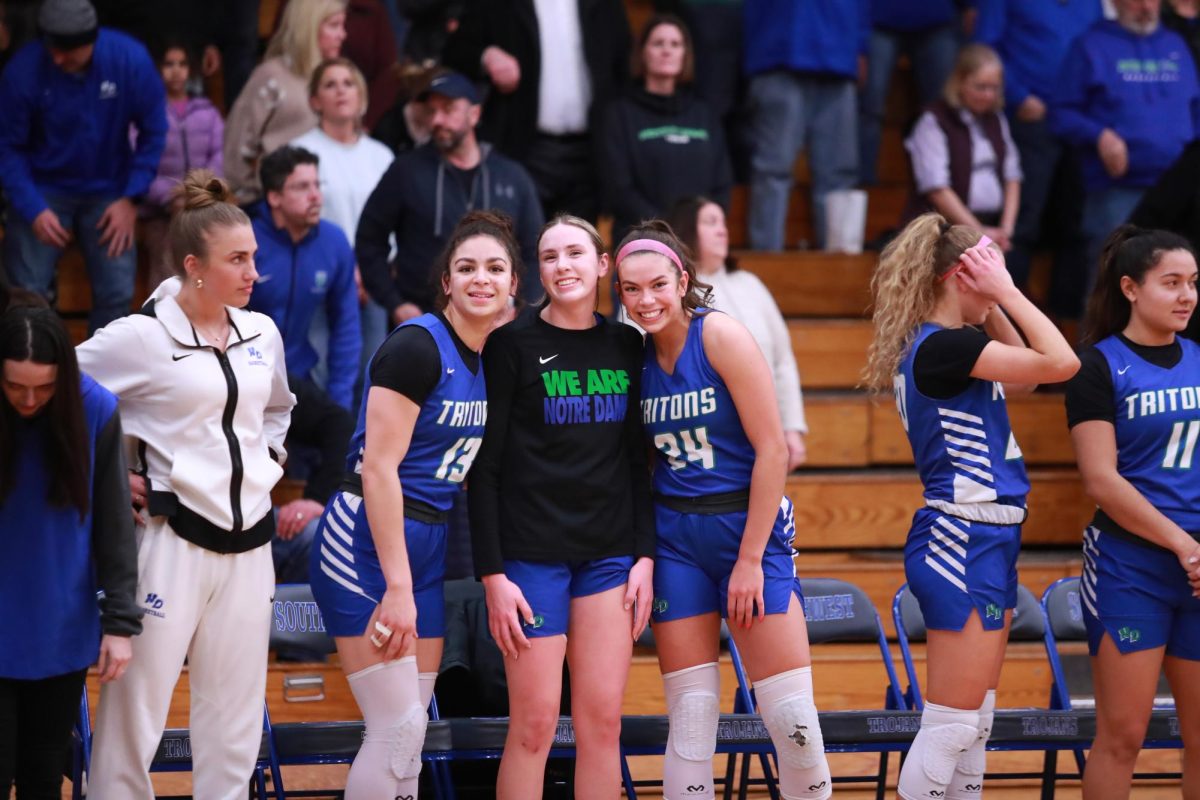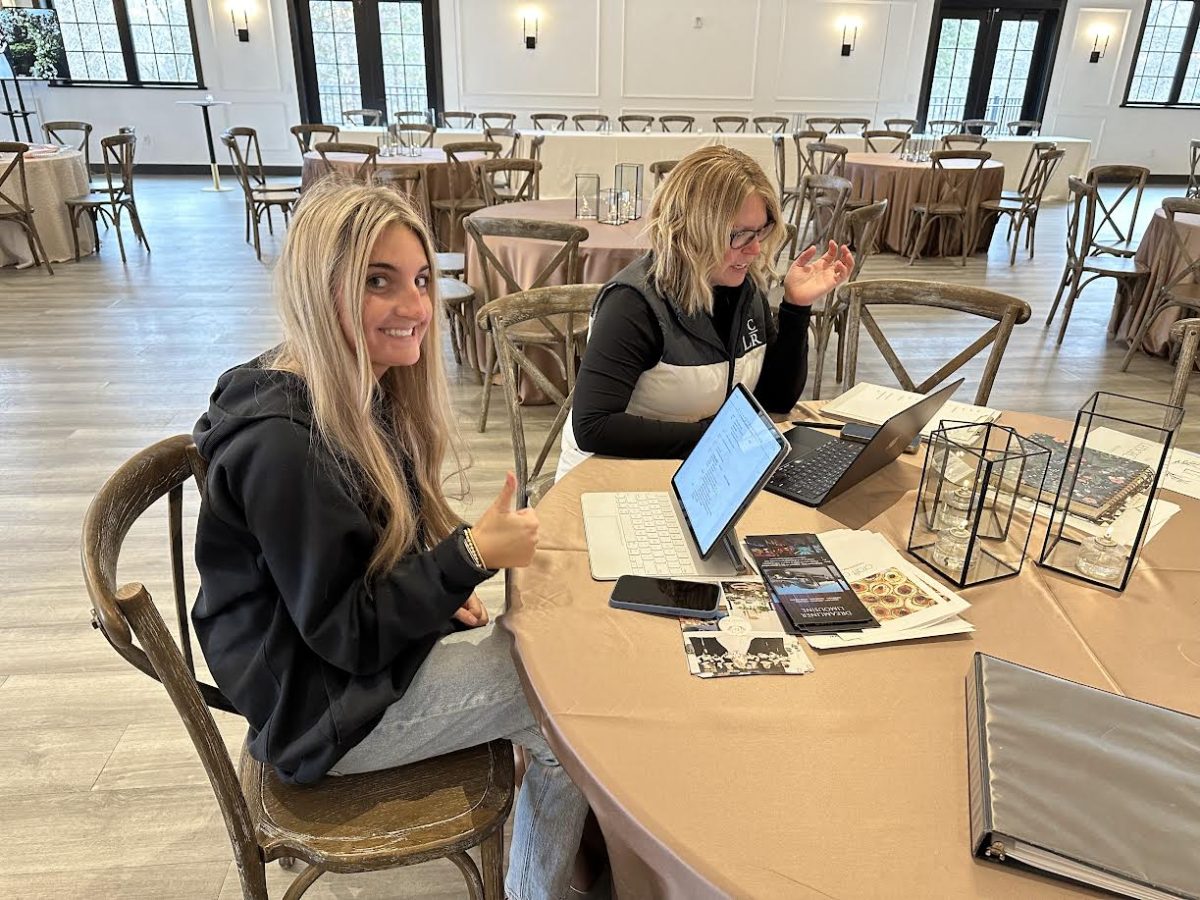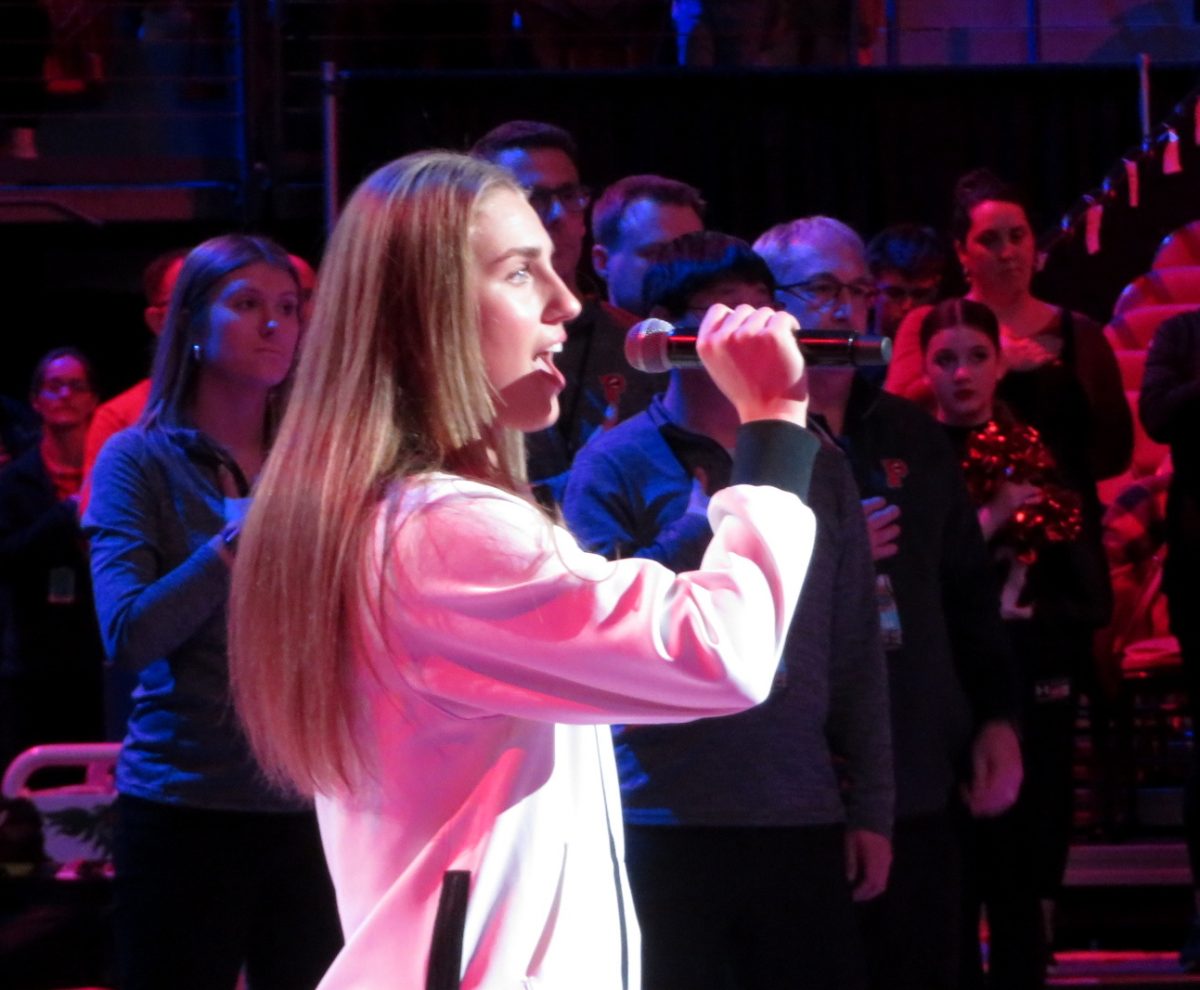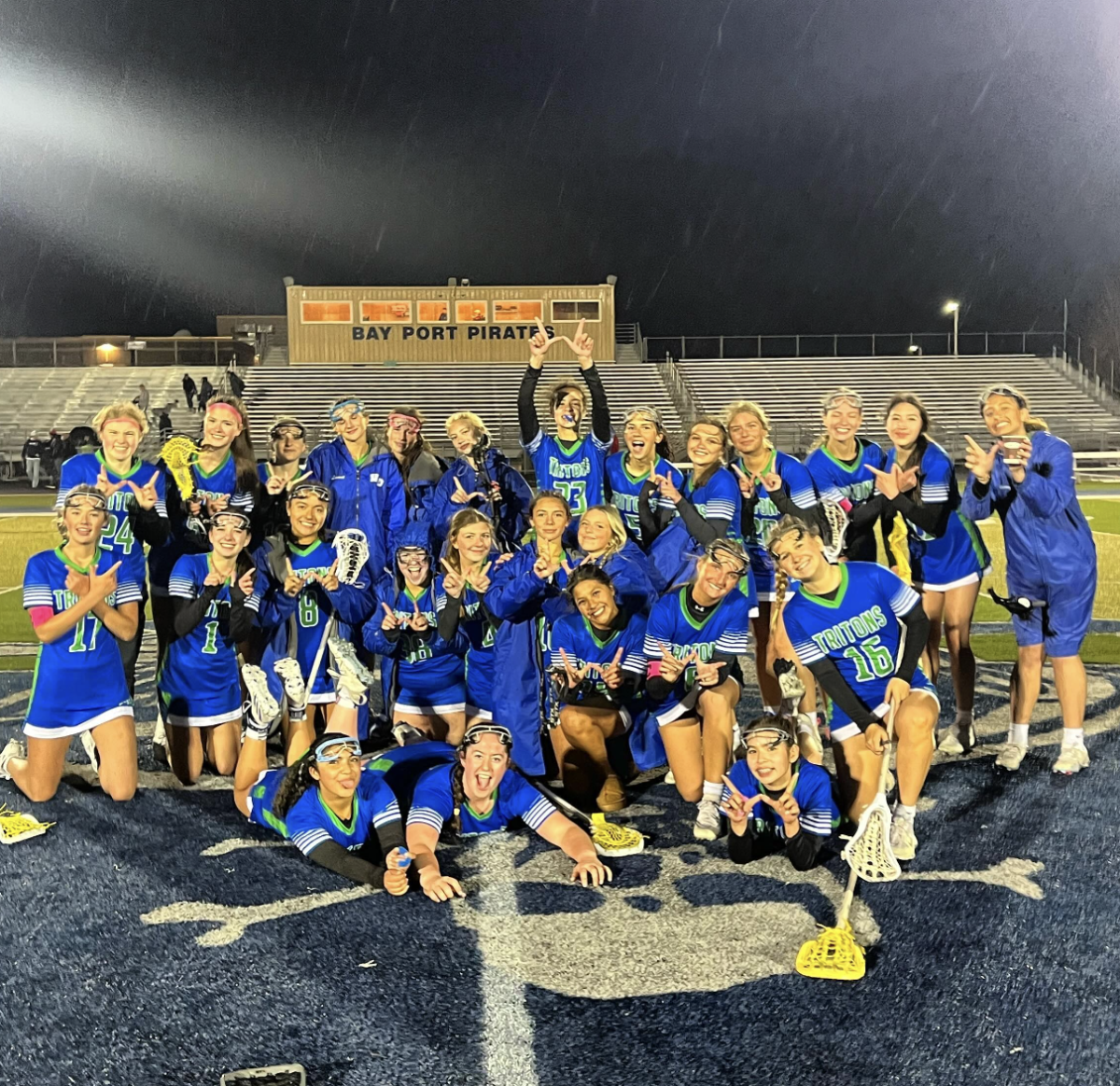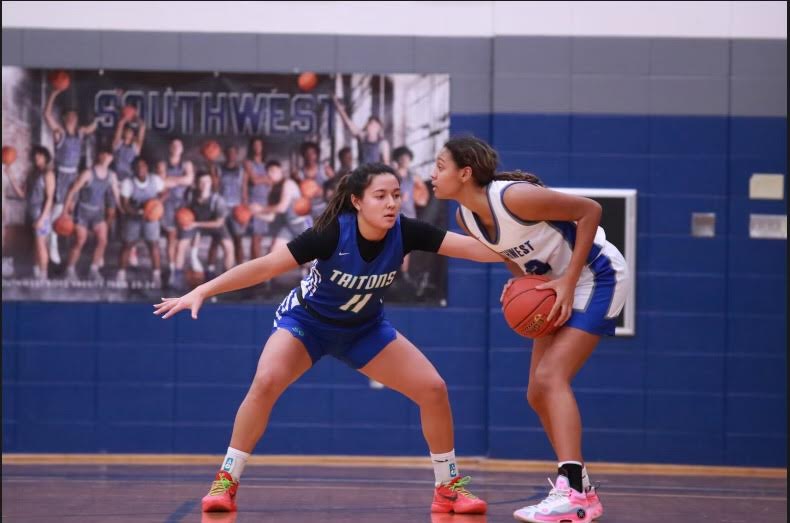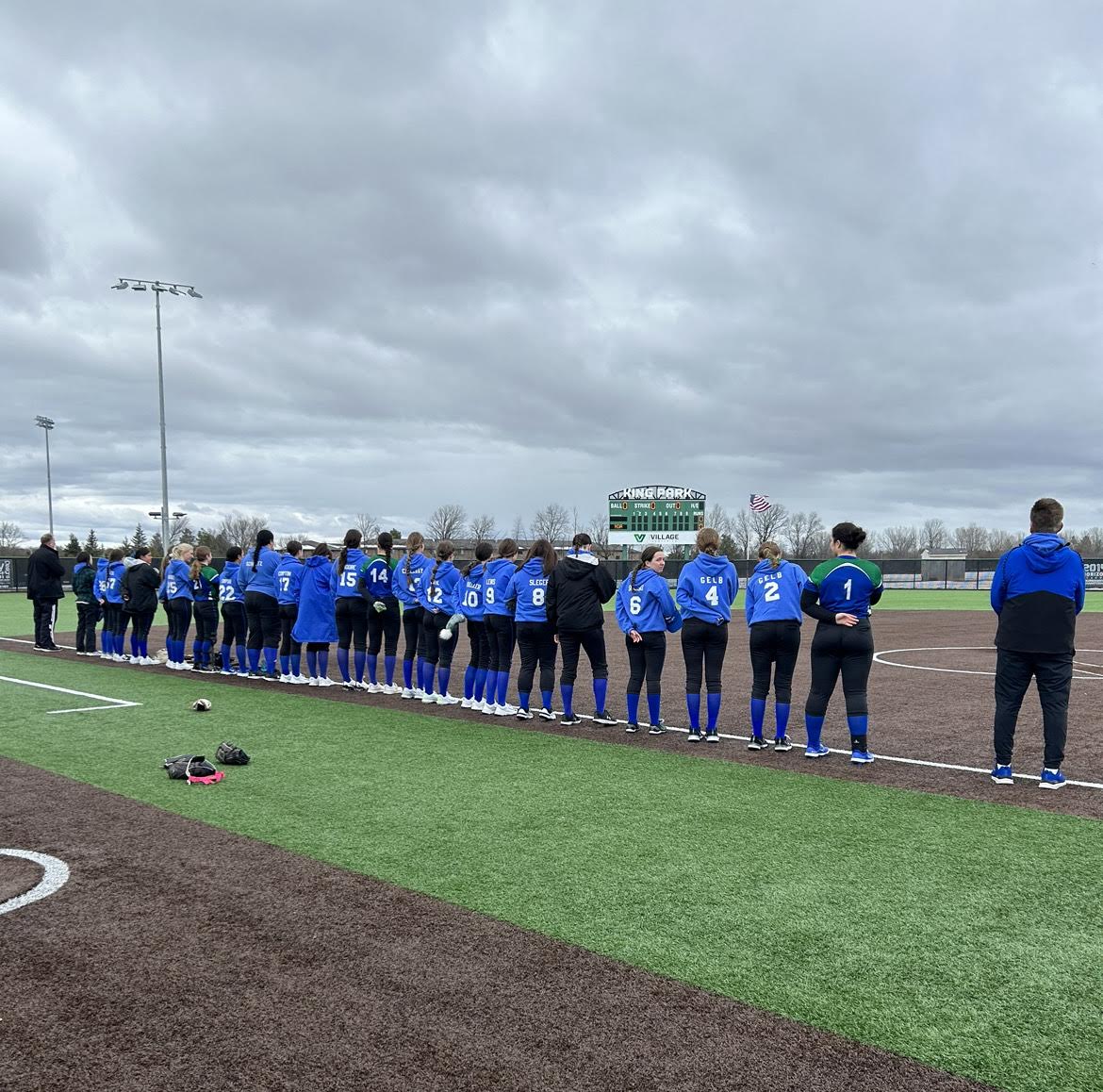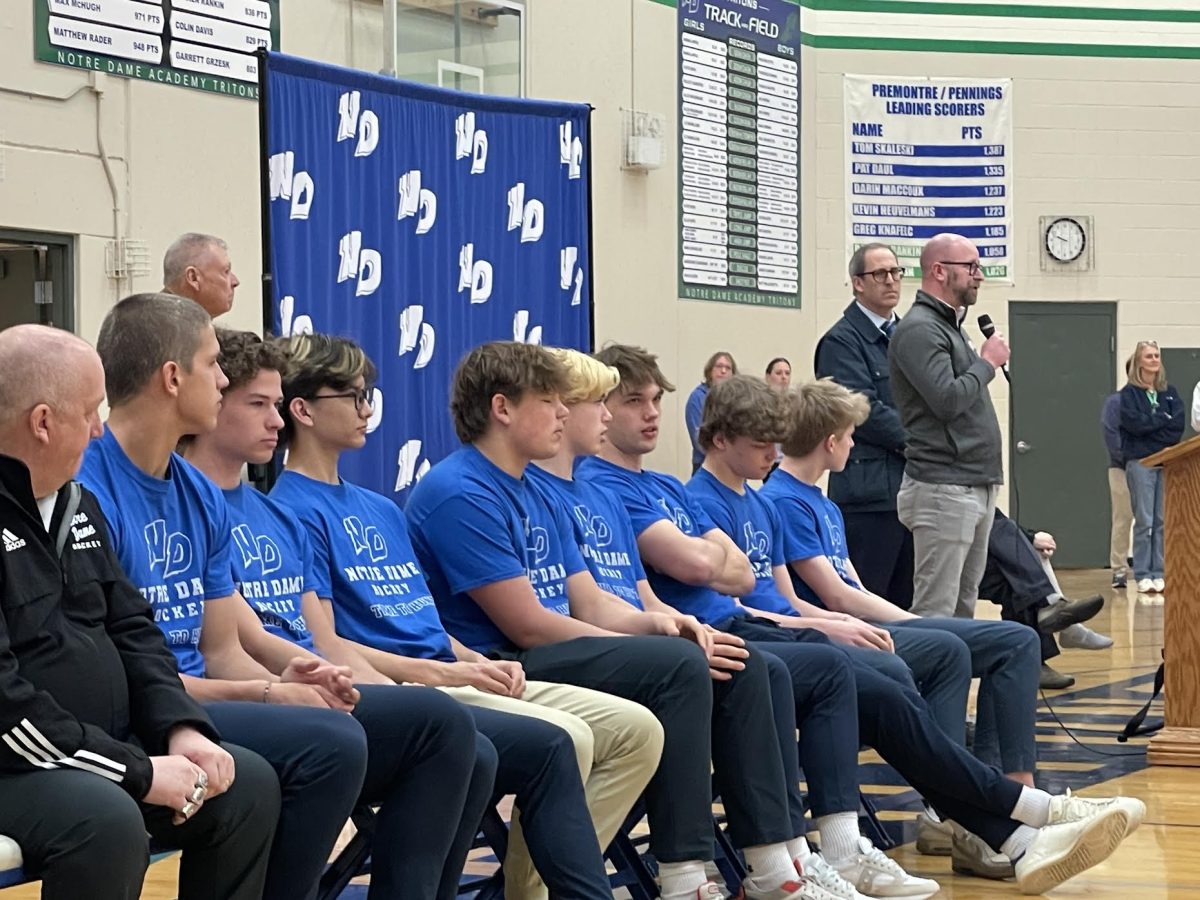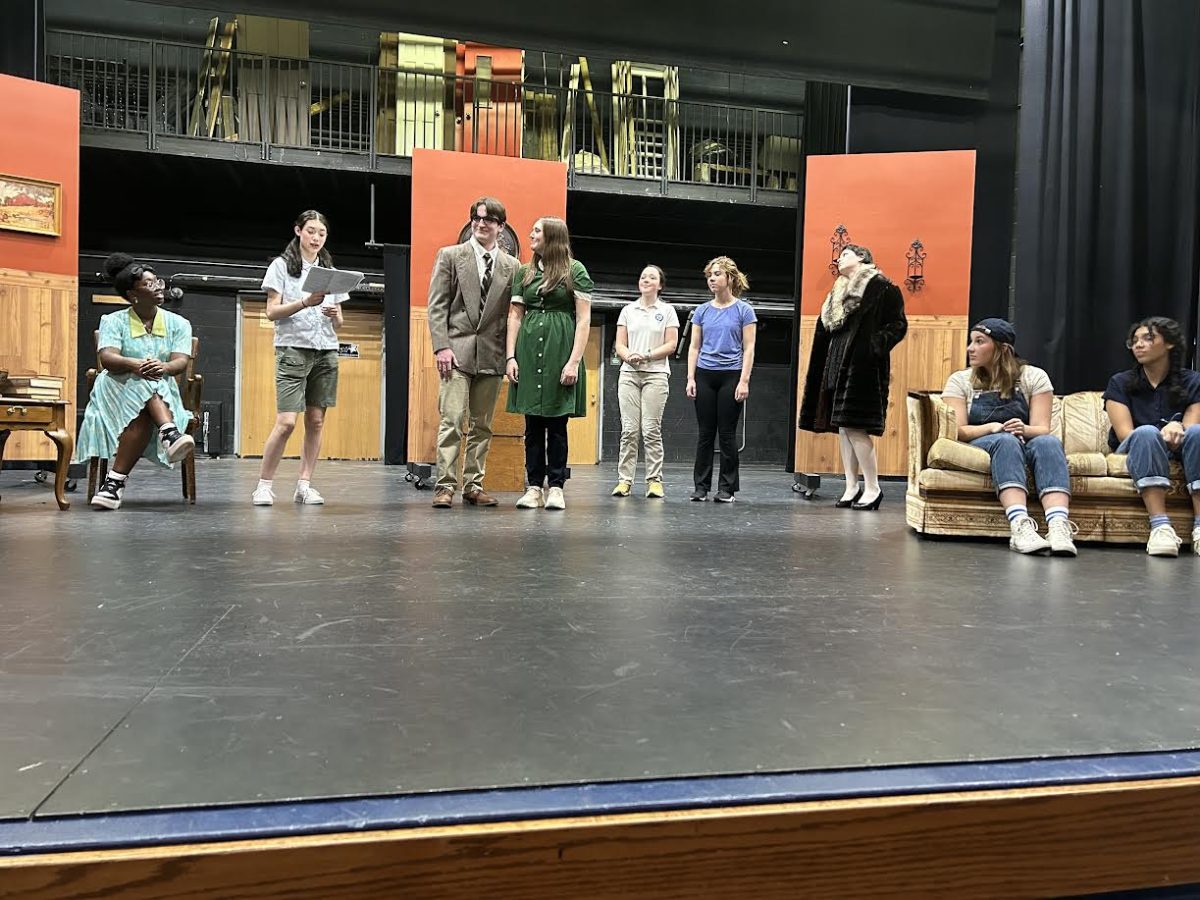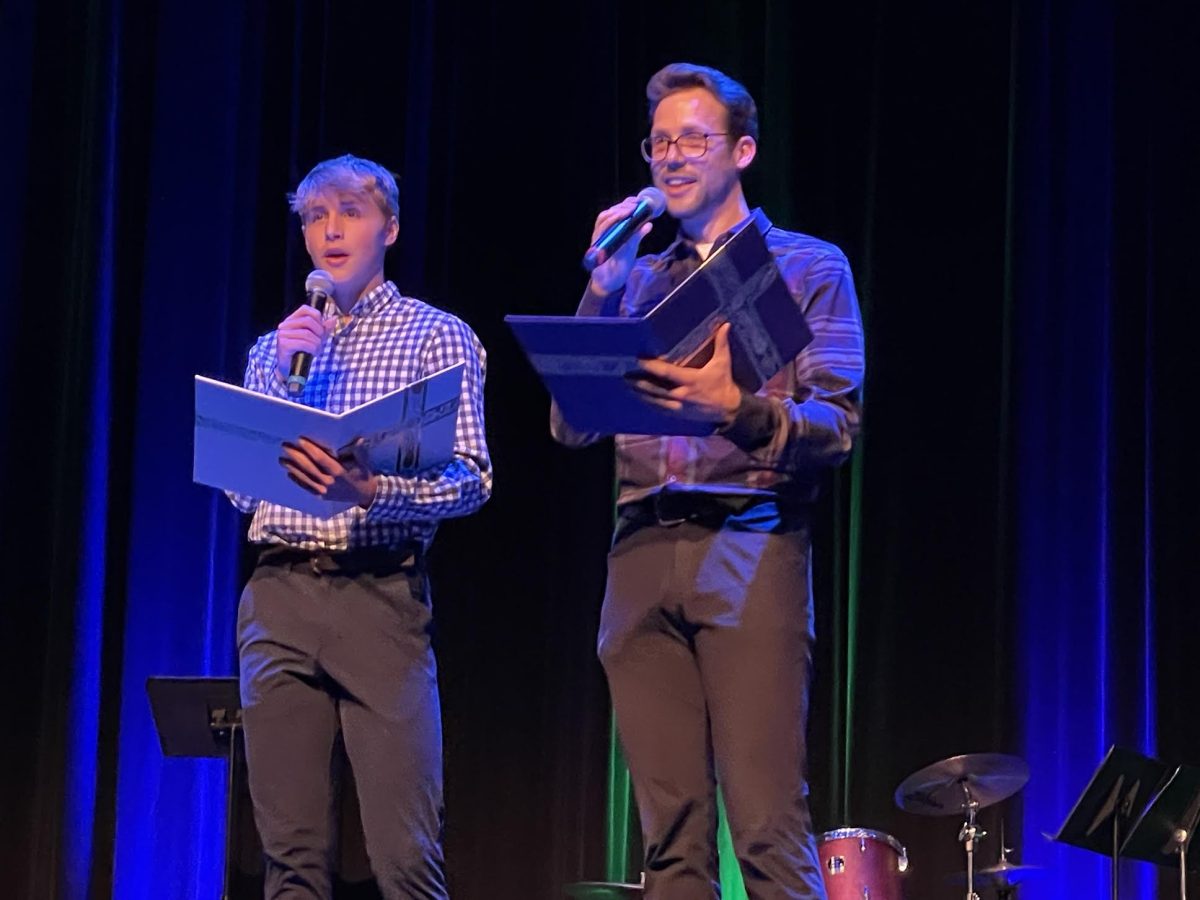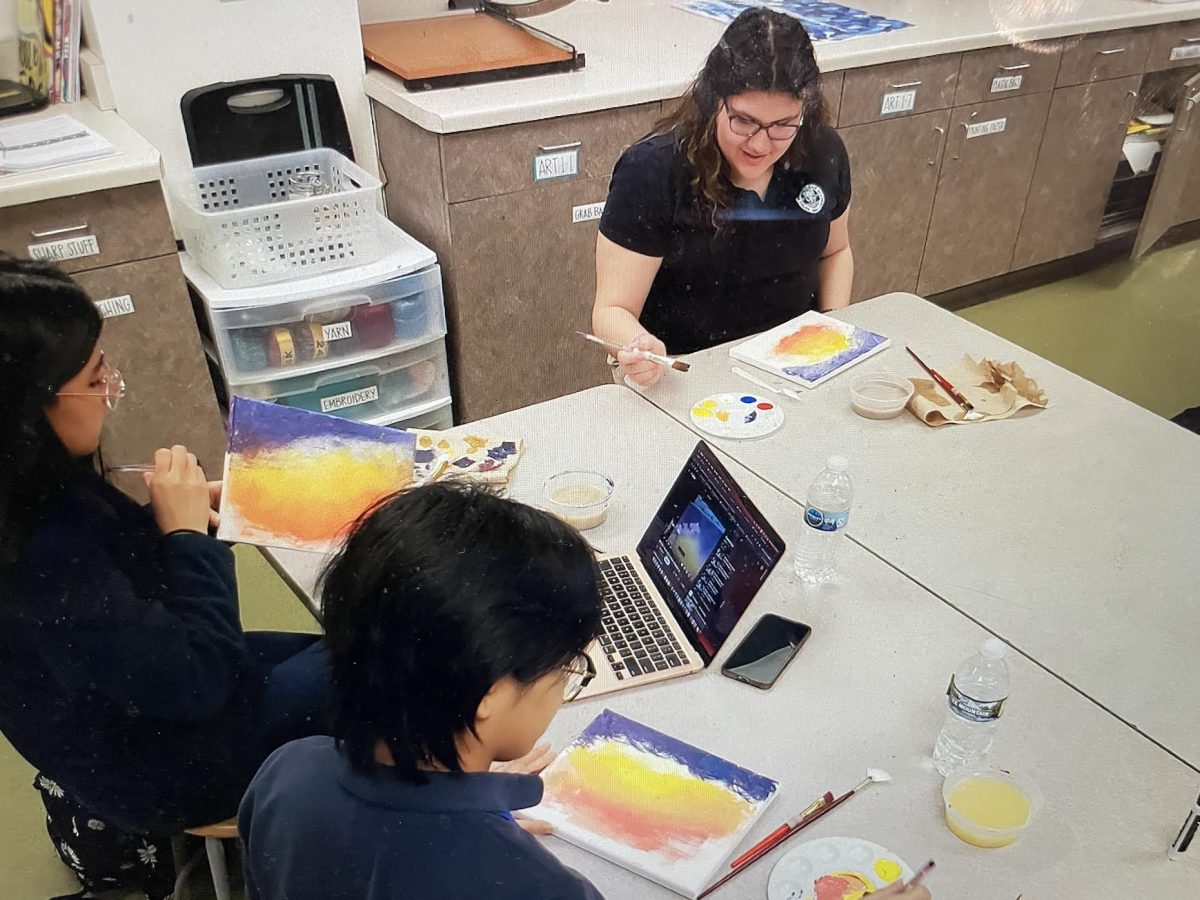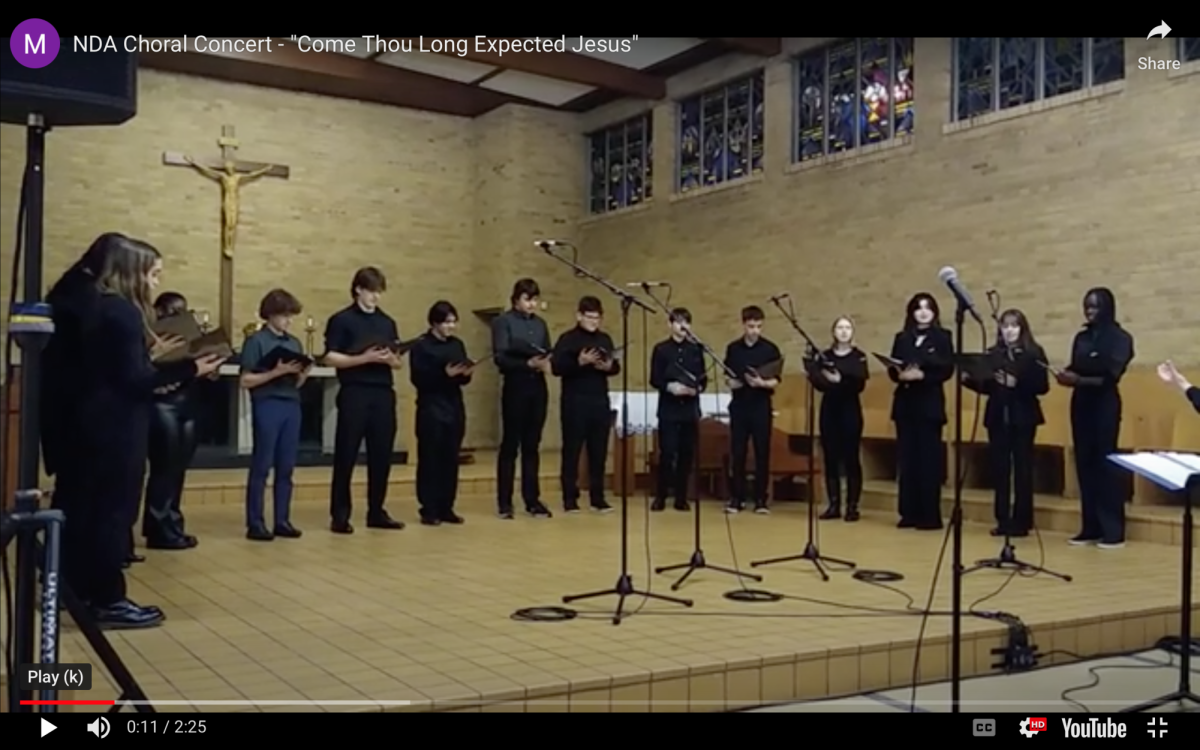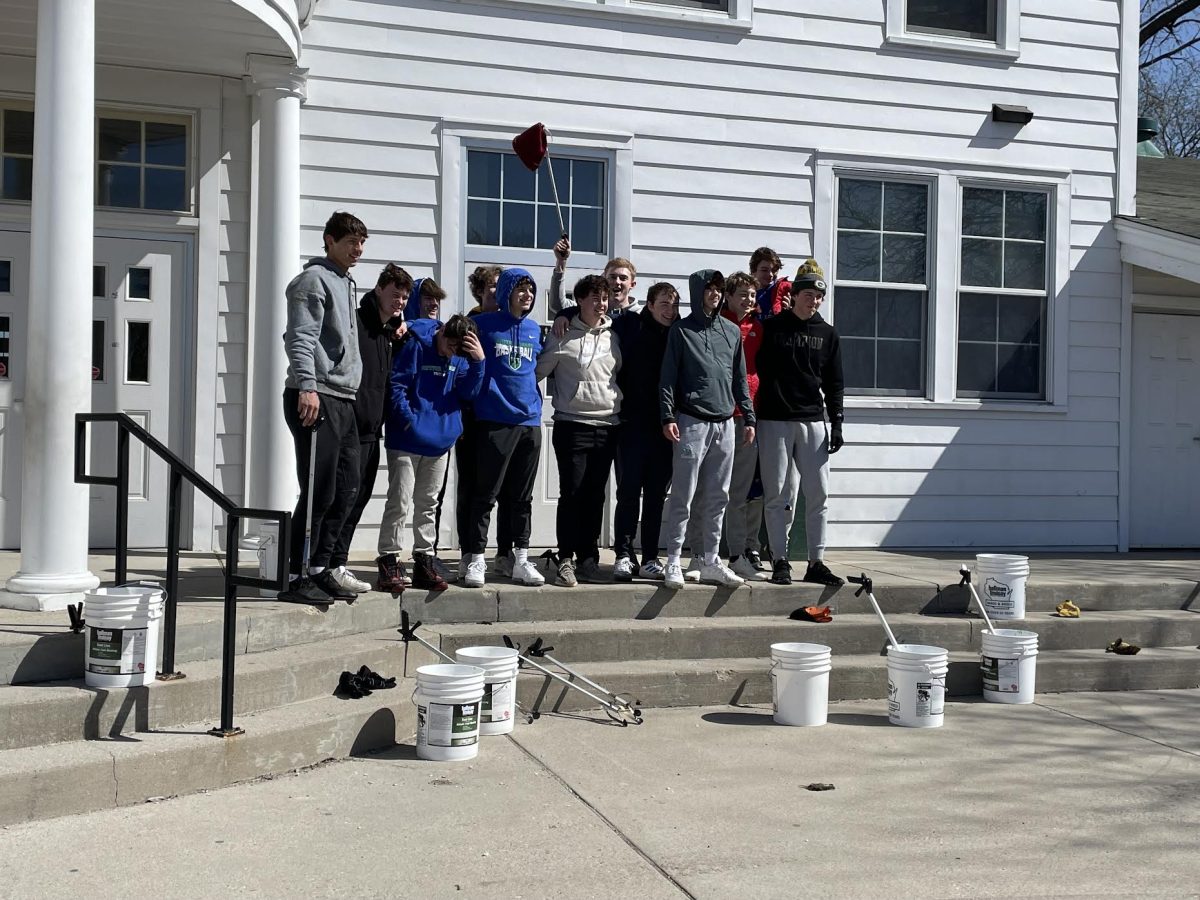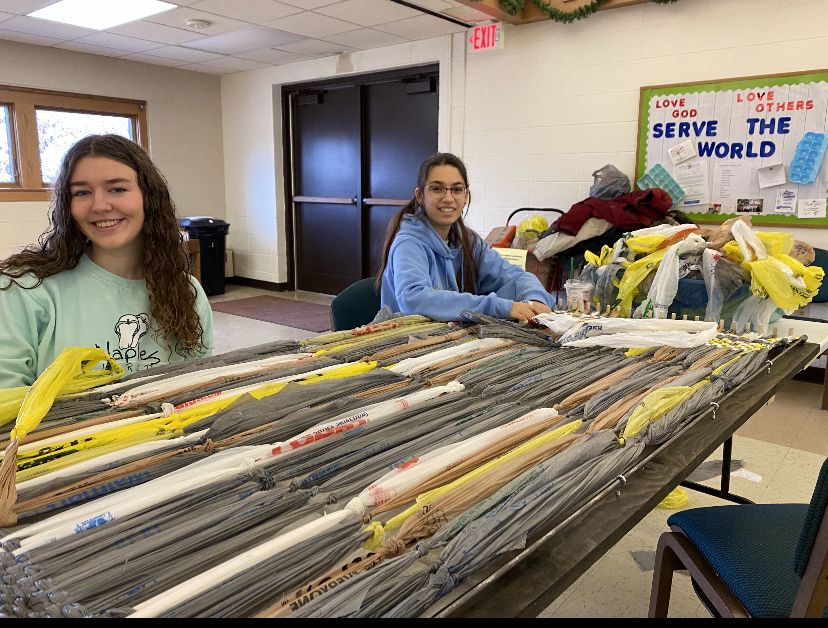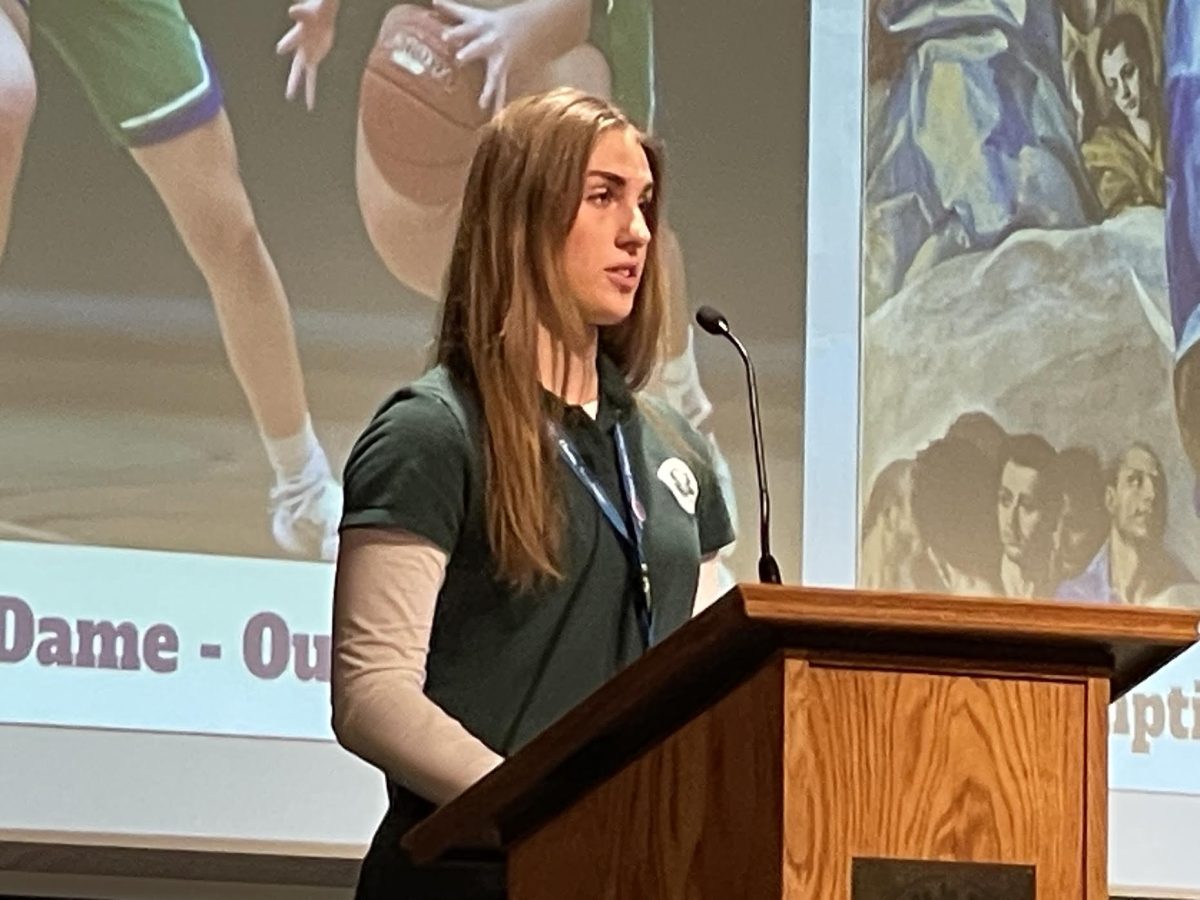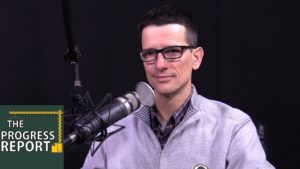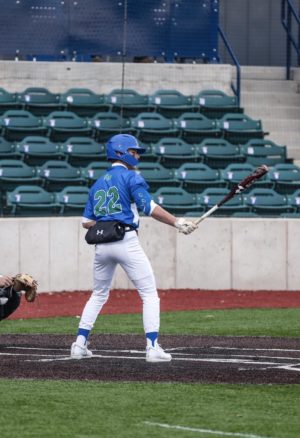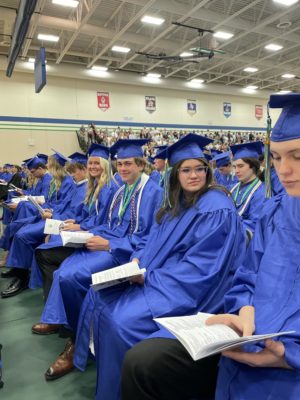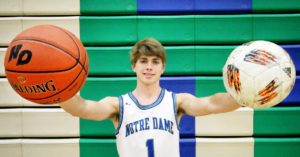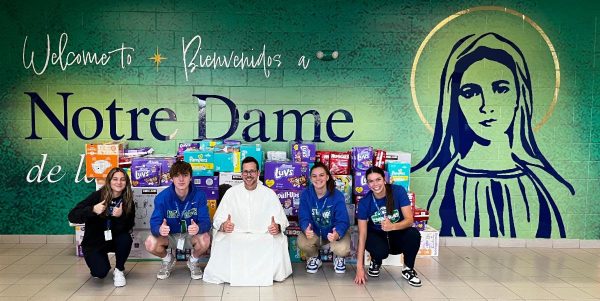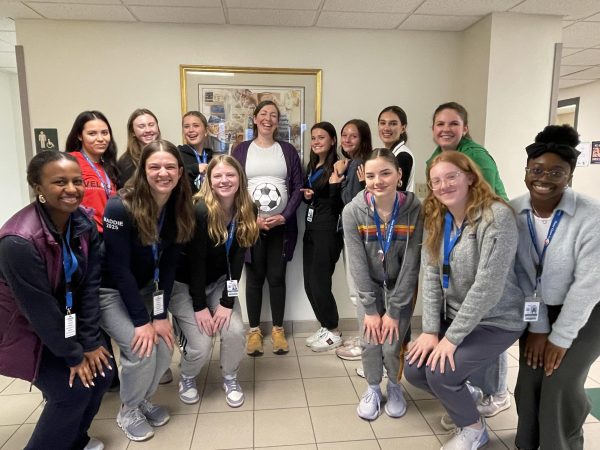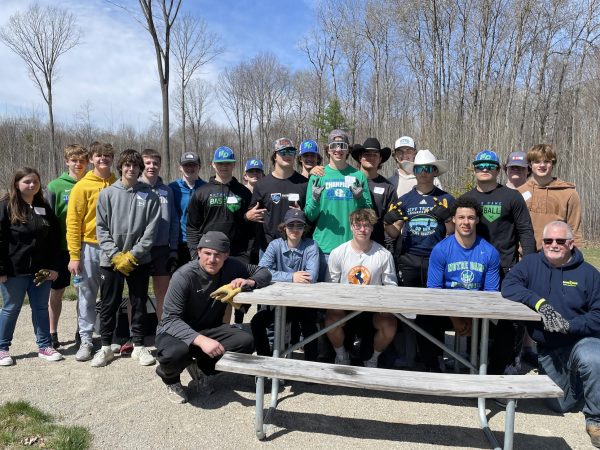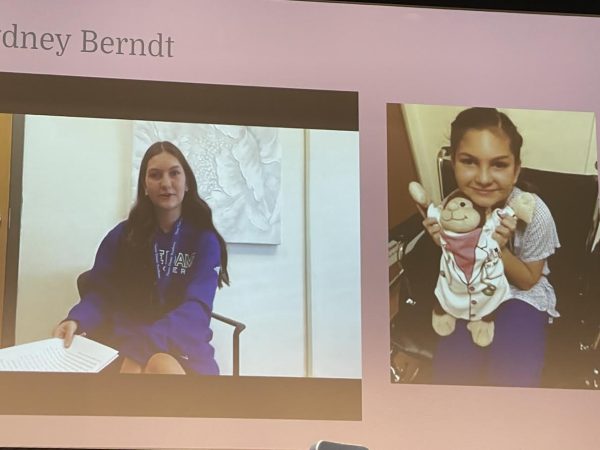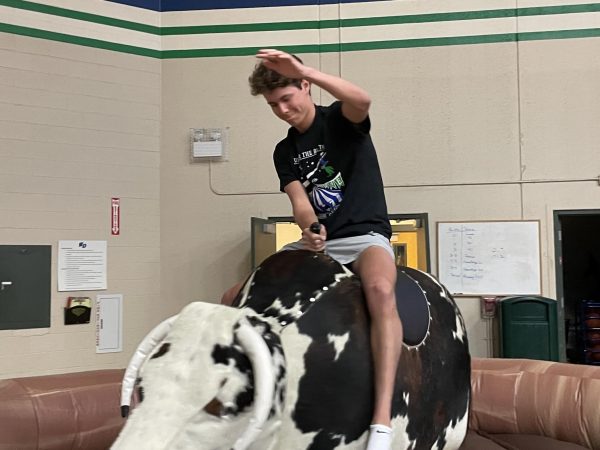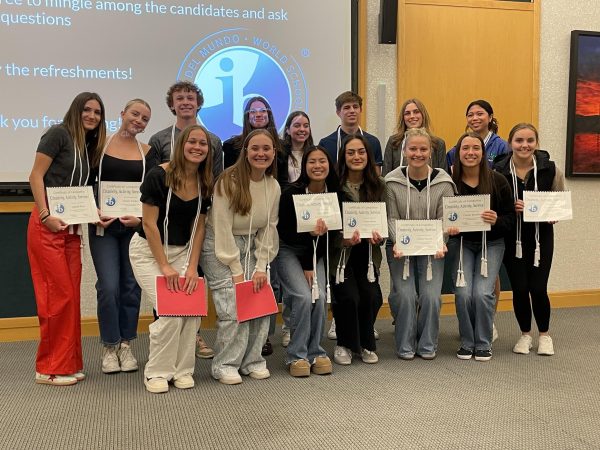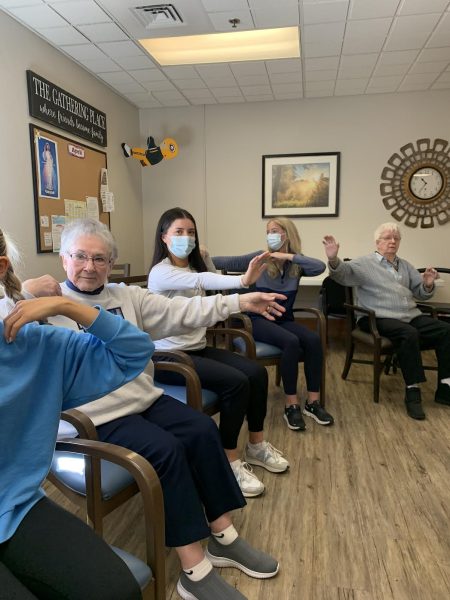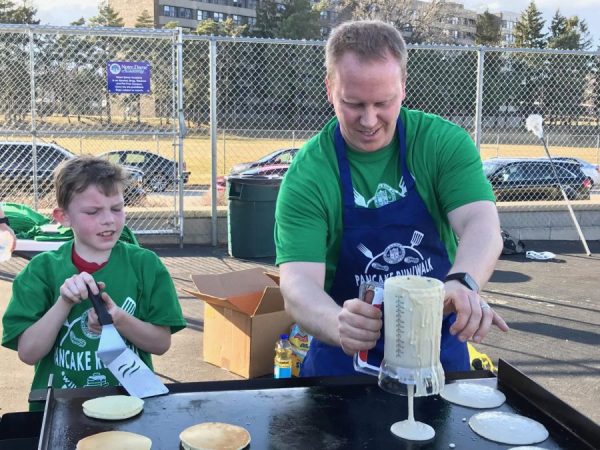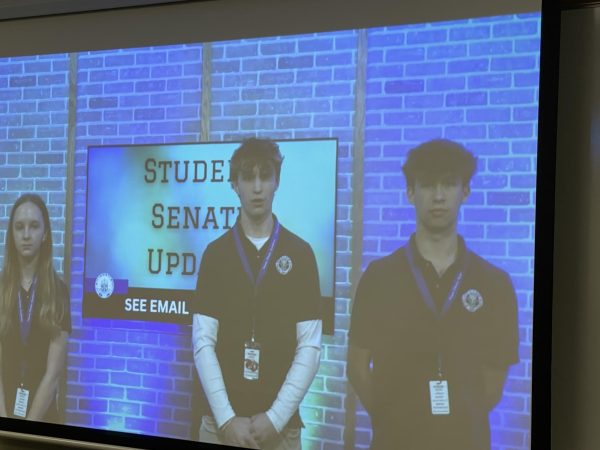Survey Identifies Student Risky Behaviors
March 3, 2014
Over the past week, students at Notre Dame spent a theology class period taking the Youth Risk Behavior Survey (YRBS).
According to NDA counselor Eric Neiswender, the Youth Risk Behavior Survey is conducted at schools all across the nation every two years. It’s one of the tools that schools, school districts, and governments use to get a sense of risks that affect the lives of young people in the US.
Students do not have to take the survey, but are encouraged to do so. “It helps us know what challenges are facing our students, and what kind of risks our students are choosing to take,” Neiswender said.
The results of the survey help administrators make decisions for the future.
“As counselors, Mrs. Gerl and I find it very helpful to know what we should be talking to students about,” Neiswender said. “The school administration uses the information from the YRBS to make some decisions about guest speakers, and other school-wide efforts.
Allies for Positive Peer Pressure (APPP) came about because of the survey. The school wanted to encourage students who aren’t engaging in risky behavior.
“We knew from the survey that not everyone was doing it, and we wanted to recognize the good in students, build them up and commend them,” associate principal Greg Masarik said.
“The YRBS responses over the years show consistent numbers of students don’t drink and drive, who don’t have sex, etc.,” Neiswender said. “Without the YRBS, we’d be simply guessing about how many of our students are taking unnecessary risks.”
The survey is not mandatory, but students are encouraged to take it. Of course, there may be students who don’t take the survey seriously and lie.
“Some students will consider this survey just another adult intrusion into their privacy,” Neiswender said. “We hope that the fact that the survey is anonymous helps students accept that we are not meddling in their lives.”
“We know that the numbers we get from the YRBS are not 100% accurate because we know that some people lie. The fact that responses are pretty consistent from one survey to the next, however, makes us comfortable that the great majority of our students are being honest.
“I wish students would take the survey seriously. Why wouldn’t you? We hope the dishonest students don’t skew the results drastically,” Masarik said. “We get a good ball park picture of what’s going on, and you can compare and get a feeling.”
Most students also see the purpose of the survey.
“It’s a good way of having people who are victims bring awareness to bullying and other issues in the school,” senior Kristin Tomcheck said. “Although I am not a direct victim, I can sympathize with those who are.”
The administration says the survey is only there to help students.
“We want the best school experience for our students,” Masarik said. “We were your age once, but high school is different now and we want to understand the challenges in your world.”
Neiswender says he remembers being resentful about some things that his schools asked him to do when he was younger, but now that he’s an adult working in a school, he sees it differently.
“We know that prescription drug abuse, date rape, depression, anxiety, and other social ills affect the lives of our students,” he said. “If we were to elect not to make an honest effort to try to find out the extent of the problem, well, we’d be neglecting our work and neglecting God’s call to care for our students as best we can.”


